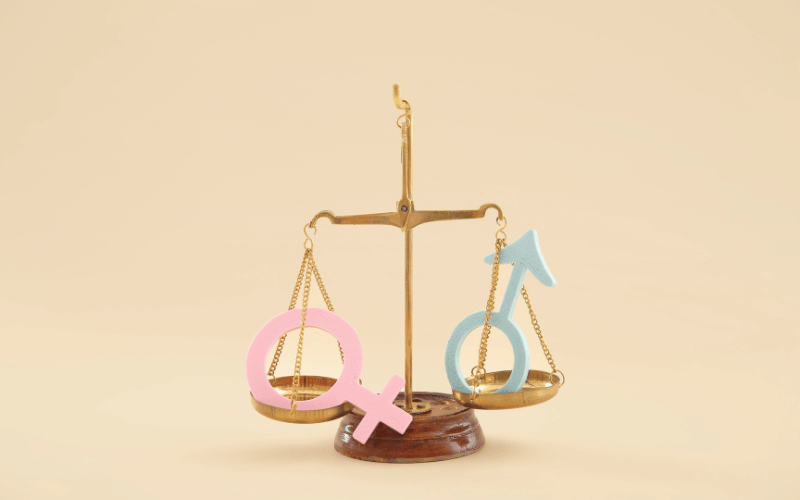Fact 9: A Concern for Both Genders

For years, alcoholic hepatitis was mistakenly labeled as a man’s disease. Historical data and societal norms fueled this misconception. However, as research evolved and awareness grew, it became clear that alcoholic hepatitis does not discriminate based on gender.
Interestingly, recent trends and studies reveal that women might actually be more susceptible to the adverse effects of alcohol on the liver than men. Factors like body composition, hormonal changes, and even differences in alcohol metabolism play a role. With a lower proportion of water in their bodies, women may feel the effects of alcohol more quickly and intensely, and their livers might bear the brunt of this more severely.
The increasing incidence of alcoholic hepatitis in women may also be attributed to changing societal norms and drinking patterns. As more women engage in social drinking, binge drinking, and regular alcohol consumption, their vulnerability to liver diseases like alcoholic hepatitis increases.
There’s a pressing need to empower and educate both men and women about the risks associated with excessive alcohol consumption. Awareness campaigns should be gender-neutral, shedding light on the risks that both genders face, ensuring early detection and intervention.(9)